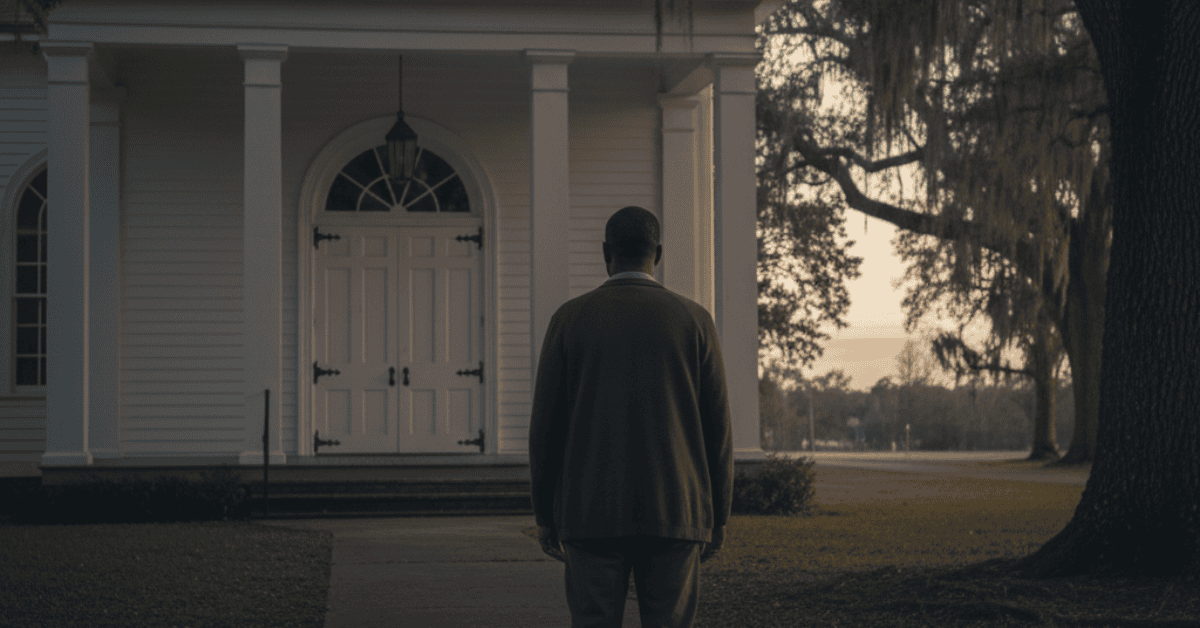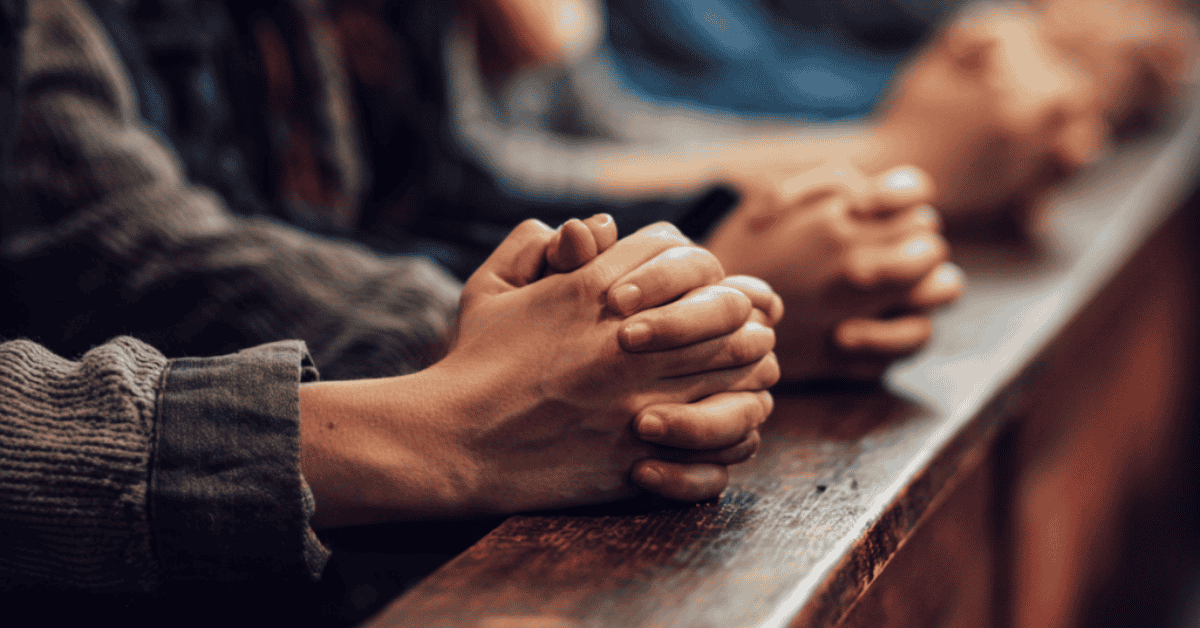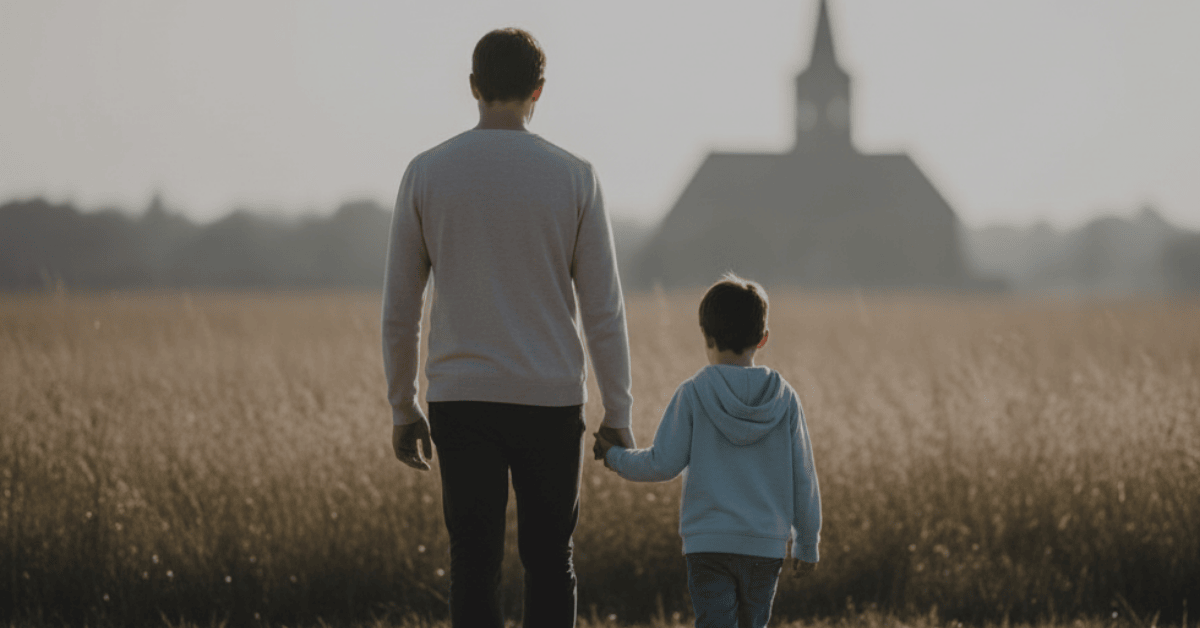What Male Survivors of Childhood Sexual Abuse Want You to Understand
When most people picture a survivor of childhood sexual abuse, they imagine a young girl. Society has long been more comfortable acknowledging her pain than his. Yet, across Arkansas and beyond, thousands of men carry memories they rarely speak aloud. Many were children who trusted a coach, a priest, a teacher, or even a family member — and when that trust was violated, silence often became their only form of safety.
As a compassionate advocate for survivors, I’ve learned that one of the greatest barriers to healing isn’t just the abuse itself. It’s the misunderstanding that follows. Male survivors often face disbelief, shame, and cultural expectations that tell them they should have “fought back.” This article shares what these men wish others understood about their silence, their trauma, and their journey toward healing — and how we can all respond with empathy instead of judgment.
If you’d like to know more about the team that stands behind survivors in Arkansas, you can learn about our legal team and the survivor-centered approach that guides our work.
Why Male Survivors Stay Silent
When people ask, “Why didn’t he say something sooner?”, the answer is rarely simple. Male survivors often grow up believing that strength means silence. Many were told as boys to “toughen up” or “shake it off.” When that same boy is abused, he quickly learns that showing vulnerability can bring ridicule, disbelief, or punishment.
The silence that follows is not consent — it’s protection.
It’s fear of being labeled weak, or worse, being accused of wanting it. Some survivors stay quiet because they fear losing their families or their jobs if their truth comes out. Others stay silent because the abuse involved someone respected in their community, and they can’t imagine being believed over that person.
Trauma also interferes with memory and self-perception. Survivors often compartmentalize their experiences just to survive. Decades can pass before they feel safe enough to speak. Understanding this silence is essential for anyone who wants to support male survivors.
Myths About Male Abuse
Two myths cause the most harm.
The first is the belief that “men can’t be victims.” The second is that “if it really happened, he would have fought back.”
Both are wrong — and both perpetuate shame.
Sexual abuse is not about physical strength. It’s about manipulation, power, and betrayal of trust. Many men were groomed emotionally before they were ever touched. Abusers often use authority, fear, or affection to confuse and control their victims.
Another damaging myth is that male survivors automatically become abusers themselves. There is no truth to that assumption. Survivors often spend their lives trying to prevent harm to others, not repeat it.
There’s also a cultural silence around male emotional pain. Some men grow up believing that showing distress is unmanly. When they do speak, they risk being told to “get over it” or “be grateful it wasn’t worse.” These responses reinforce the idea that their suffering doesn’t count.
Breaking those myths starts with empathy and education. And for parents or caregivers who suspect abuse, it’s possible to protect a child’s privacy while still pursuing justice and safety.
Legal and Healing Realities in Arkansas
Many survivors think it’s too late to report what happened — especially if decades have passed. In truth, Arkansas law has changed to give survivors more time and more legal options. The state recognizes that trauma often delays disclosure.
In our experience, survivors come forward at all stages of life: some in their twenties, others in their sixties. The time it takes to break silence is not a reflection of strength or weakness. It’s a reflection of trauma and survival.
In Arkansas, the statute of limitations for childhood sexual abuse has been extended in many cases, giving more survivors the chance to pursue justice. That doesn’t mean every case will go to court, but it does mean every survivor can have their story heard by someone who will listen and believe them.
Legal action is only one part of healing, but it can be an empowering step. It’s a way to reclaim control after years of having none. Survivors who wish to explore that path can report childhood abuse in Arkansas and learn how the process protects their confidentiality and rights.
Healing also happens outside the courtroom — through counseling, support groups, and community connection. Many men discover that healing is not about forgetting the past, but understanding it and allowing it to lose its control over their lives.
Healing Without Speaking Publicly
Not every survivor wants to share their story publicly — and that’s okay. Some find peace through therapy or journaling. Others find meaning by mentoring younger men or protecting children in their communities.
The idea that “real healing” requires going public is misleading. For some, speaking out is liberating. For others, it feels unsafe or unnecessary. What matters most is that survivors find a path that honors their comfort and privacy.
Healing can begin in silence, in the presence of a trusted therapist, or within a supportive circle of friends. It can also happen when a survivor simply decides that what happened to them was wrong — and that it wasn’t their fault.
For anyone questioning whether it’s possible to heal quietly, this discussion about healing without speaking out explores the quiet strength many men carry as they rebuild their lives privately.
What Understanding Really Means
To understand male survivors is to let go of expectations about how trauma “should” look. Some men never cry. Others cry every day. Some talk openly. Others keep their pain locked away for decades. All of them deserve the same compassion.
Understanding means believing them the first time they speak. It means replacing questions like “Why didn’t you stop it?” with “How can I support you?”
It means recognizing that silence isn’t weakness — it’s a survival strategy that may have kept them alive.
It also means seeing healing as a lifelong process, not a single moment of disclosure. Every survivor’s path is different. What they share in common is the need to be heard, believed, and supported without shame.
When survivors know they can turn to compassionate advocates — both legally and emotionally — they begin to reclaim control over their stories. They realize that their pain matters, their voice matters, and that it’s never too late to find justice or peace.
If you know a man who has carried this kind of pain, remember: you don’t need the perfect words. You just need to listen, believe, and stand beside him.



